Work-Life Balance: The Basics
Following up on Ellie's article last week, this post is part of a series on establishing and maintaining work-life balance.
Work-life balance is a nebulous concept.
First of all, then, define what it means for you.
Everyone is different. For me, a good balance includes getting all of my short-term/pressing projects done and making a dent in the rest, both the professional and personal. It also includes seeing a lot of my family, walking the dog a few times a week, and fitting in a dose or two of self-care.
A great week also includes more of the latter two categories: extra family time and self-care (my preferred brand of self-care focuses on health and well-being: gym time, massage, acupuncture, etc.). Those weeks are rare, but not unheard of if I plan well. And if you're thinking "I could NEVER make time for that," you're probably more in need of a fresh approach than you might realize. Remember, nobody reaches retirement and says "I wish I'd spent more evenings looking at my phone and more time dialing into webinars."
Your ideal "work-life balance" will be different. Give some thought to what it might look like. What are your non-negotiables? In other words, what do you hate to miss? A favorite past-time? School recitals?
Put some timestamps on these if you can. i.e, "getting to work by 8 means I get to leave around 4 and pick up the kids."
The best approaches involve specific, realistic goals and incremental change. (Check out this SMART goals primer for some pointers.)
For example, "I'll spend more time with friends and family" is a goal doomed to fail. Better: "I'll attend 1 social event per week and be home by 6pm at least 3-4 days per week."
Good work-life balance isn't just about big, sweeping changes. It's about setting boundaries and making smarter choices throughout your day. If you're less productive in the mid-afternoon for example, consider taking a break - a simple stroll, a chapter of the book your reading, a walk to your local cafe. Anything goes, provided it's a true break for your brain (and you're not glued to a screen).
Avoid getting resentful.
A lightbulb moment for me was when I realized this: burnout isn’t due to hard-work in itself, but to the resentment that comes along with it - with missing things that you enjoy or value.
For example, you could be working especially long hours on something you care about, but still making time for your side interests and personal relationships - and feel great as a result. But if you miss those things that matter to you because of working too much, you can become resentful and unhappy. Fast.
Try to protect what's important to you, whether it's taking a weekly yoga class, putting the wee ones to bed at night, or something else entirely. Again, be specific.
Address the roadblocks
If realizing your ideal work-life balance appears to be out of your hands, consider making a case to the powers that be. Taking breaks, working more "personalized hours," and avoiding becoming resentful towards work make a big difference to company performance, morale, and retention.
As with any above-and-beyond ask of your boss, make sure you're doing the basics right first. I.e., don't ask for a raise if they're still waiting on a report you'd promised to complete a week ago. But do have the conversation. The worst that can happen is that they'll say "no" - in which case, you've learned something and become a little smart as you plan out your work-life balance longer term.
With smartphones and laptops, gone are the days of leaving work work at the office - it's with us wherever we go. Boundary-setting is key - and that starts with you.
--
Ellie Hearne is a leadership-communications expert and founder of Pencil or Ink. Over the years she has coached leaders at Apple, Google, Kate Spade, Starbucks, Spotify, Marriott, Pfizer, Piaget, and numerous small businesses and startups. Ellie can be reached here, here, and here.










